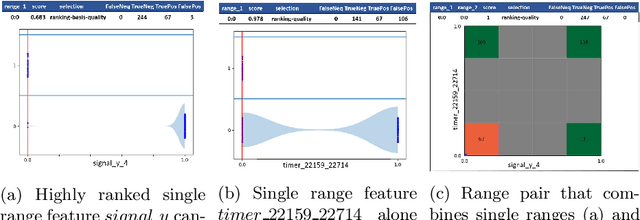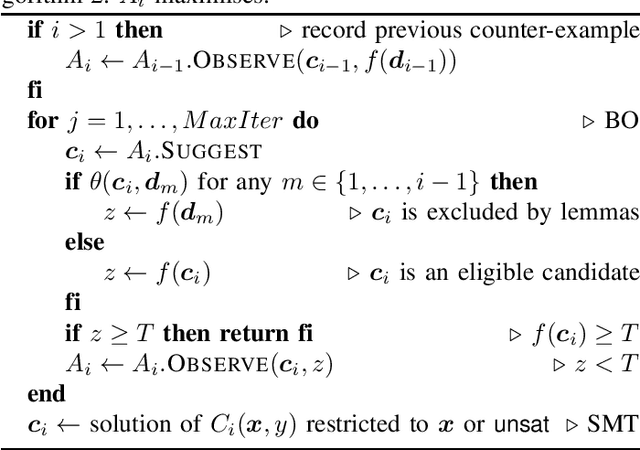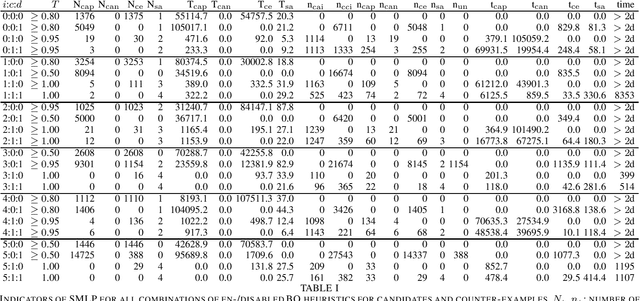Zurab Khasidashvili
SMLP: Symbolic Machine Learning Prover
Feb 02, 2024



Abstract:Symbolic Machine Learning Prover (SMLP) is a tool and a library for system exploration based on data samples obtained by simulating or executing the system on a number of input vectors. SMLP aims at exploring the system based on this data by taking a grey-box approach: SMLP combines statistical methods of data exploration with building and exploring machine learning models in close feedback loop with the system's response, and exploring these models by combining probabilistic and formal methods. SMLP has been applied in industrial setting at Intel for analyzing and optimizing hardware designs at the analog level. SMLP is a general purpose tool and can be applied to systems that can be sampled and modeled by machine learning models.
Accelerating System-Level Debug Using Rule Learning and Subgroup Discovery Techniques
Jul 02, 2022
Abstract:We propose a root-causing procedure for accelerating system-level debug using rule-based techniques. We describe the procedure and how it provides high quality debug hints for reducing the debug effort. This includes the heuristics for engineering features from logs of many tests, and the data analytics techniques for generating powerful debug hints. As a case study, we used these techniques for root-causing failures of the Power Management (PM) design feature Package-C8 and showed their effectiveness. Furthermore, we propose an approach for mining the root-causing experience and results for reuse, to accelerate future debug activities and reduce dependency on validation experts. We believe that these techniques are beneficial also for other validation activities at different levels of abstraction, for complex hardware, software and firmware systems, both pre-silicon and post-silicon.
Bayesian Optimisation with Formal Guarantees
Jun 10, 2021

Abstract:Application domains of Bayesian optimization include optimizing black-box functions or very complex functions. The functions we are interested in describe complex real-world systems applied in industrial settings. Even though they do have explicit representations, standard optimization techniques fail to provide validated solutions and correctness guarantees for them. In this paper we present a combination of Bayesian optimisation and SMT-based constraint solving to achieve safe and stable solutions with optimality guarantees.
 Add to Chrome
Add to Chrome Add to Firefox
Add to Firefox Add to Edge
Add to Edge